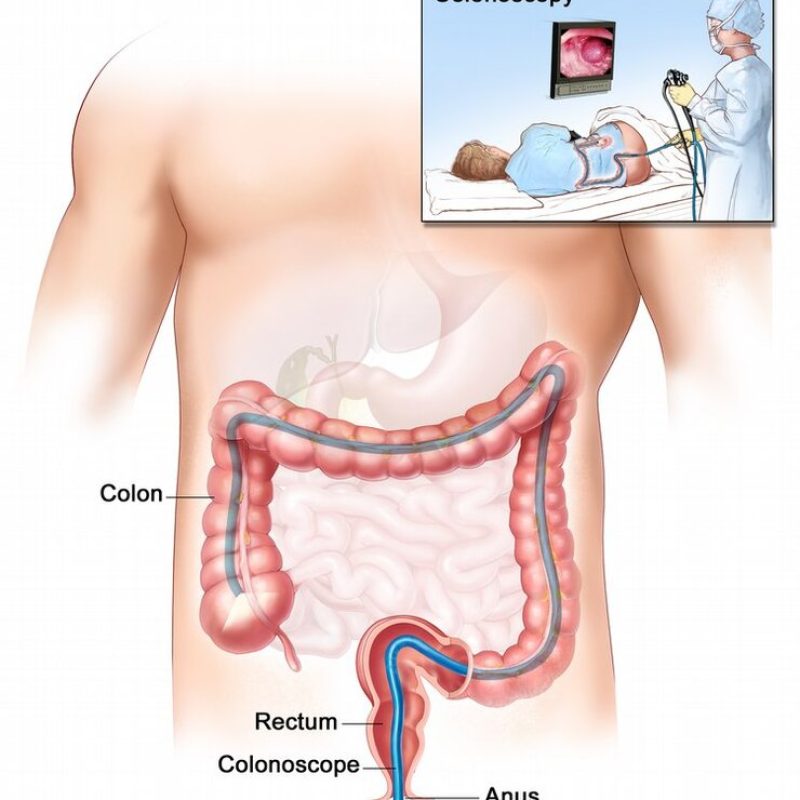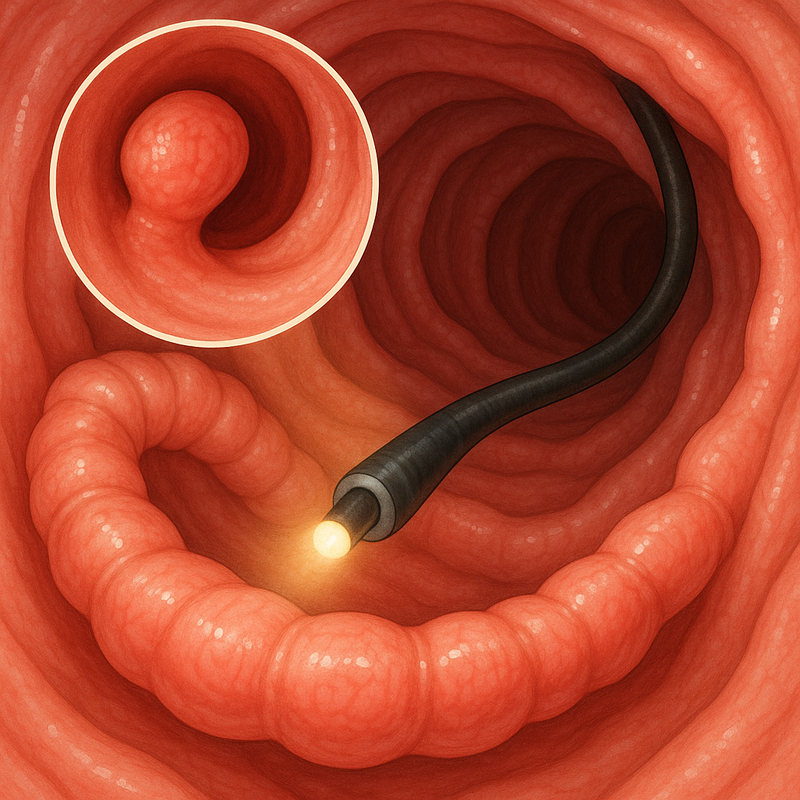Colorectal Cancer Screening: Why Now Is the Time to Stop Delaying
Colorectal cancer is one of the most preventable and treatable forms of cancer when caught early. Yet far too many adults over 55 are still putting off this life-saving screening.
If the idea of getting checked makes you uneasy, you’re not alone. However, delaying a screening could allow small, silent problems to grow into serious ones. According to Princeton-based gastroenterologist Dr. Robert Meirowitz, it’s time to shift our mindset and think of screening not as something to dread, but as a powerful form of protection.
“Screening is more than just early detection,” says Dr. Meirowitz. “It allows us to find and remove precancerous polyps before they ever become cancer. That’s prevention in action.”
Understanding Colorectal Cancer and Why It Often Goes Undetected
Colorectal cancer begins in the colon or rectum, usually starting as small, noncancerous growths called polyps. These polyps don’t cause pain or noticeable symptoms, which is why many people don’t know they have them. Over time, however, they can slowly turn into cancer, and by the time symptoms do appear, the disease may already be in a later stage.

According to the American Cancer Society, colorectal cancer is the second leading cause of cancer-related death in men and women combined, yet it is also one of the most curable cancers when found early. Regular screening is the most effective way to catch the disease in its early stages or stop it before it starts.

Who Should Be Screened and When?
The U.S. Preventive Services Task Force recommends that all adults begin colorectal cancer screening at age 45. For adults between 45 and 75, routine screening is strongly advised. After age 75, screening decisions should be based on overall health and past screening history.
If you haven’t had a recent screening, now is the time to speak with your doctor, especially if you have a family history of colorectal cancer or a history of inflammatory bowel disease, which can increase your risk.
Screening Options That Fit Your Needs
Today’s screening tools are more accessible and less invasive than ever. While a colonoscopy remains the most comprehensive option, many people now choose from a variety of tests based on their comfort, schedule, and risk level.
- Colonoscopy offers a complete view of the colon and the ability to remove polyps on the spot. It’s typically done once every 10 years.

- FIT (Fecal Immunochemical Test) is an at-home stool test that checks for hidden blood, done annually.
- Stool DNA tests, such as Cologuard®, detect both blood and abnormal DNA in stool and are done every three years.
- CT Colonography (also known as a virtual colonoscopy) uses imaging to view the colon and is recommended every five years.
- Flexible sigmoidoscopy looks at the lower part of the colon and may be combined with other tests for broader screening.
“Colonoscopy is still considered the gold standard,” says Dr. Meirowitz, “but the best test is the one that gets done. We’d much rather see patients choose a reliable option that fits their lifestyle than skip screening altogether.”
Modern Screening Is Easier Than You Think
Let’s face it, most people don’t look forward to colon cancer screening. But advances in technology and patient care have made the process more comfortable and convenient than many realize.
Colonoscopy is usually performed under sedation, so most patients don’t even remember the procedure. At-home tests like FIT and Cologuard require no prep or dietary changes and can be done in the privacy of your own bathroom.
“We’re not talking about the same screenings your parents may have had,” Dr. Meirowitz explains. “These are safer, faster, and designed to be easier for today’s patients.”
Don’t Wait, Take Control of Your Health
If you haven’t been screened, now is the time to take the first step. Colorectal cancer doesn’t always announce itself with symptoms. Screening is the only way to find it early or stop it before it starts.
Talk to your doctor about which screening method is right for you. Whether it’s a colonoscopy or an at-home test, what matters most is getting screened on time.
About the Author

Dr. Robert Meirowitz is a board-certified gastroenterologist based in Princeton, NJ. A graduate of New York Medical College, he completed his residency at Rutgers Robert Wood Johnson Medical School and a fellowship at the University of Maryland Medical Center. Named a Top Doctor by New Jersey Monthly and Castle Connolly for over two decades, Dr. Meirowitz is also a Clinical Assistant Professor at Robert Wood Johnson and an active voice in community health education.
Sources:
American Cancer Society: Colorectal Cancer Facts & Figures 2023–2025
U.S. Preventive Services Task Force: Colorectal Cancer Screening Guidelines




